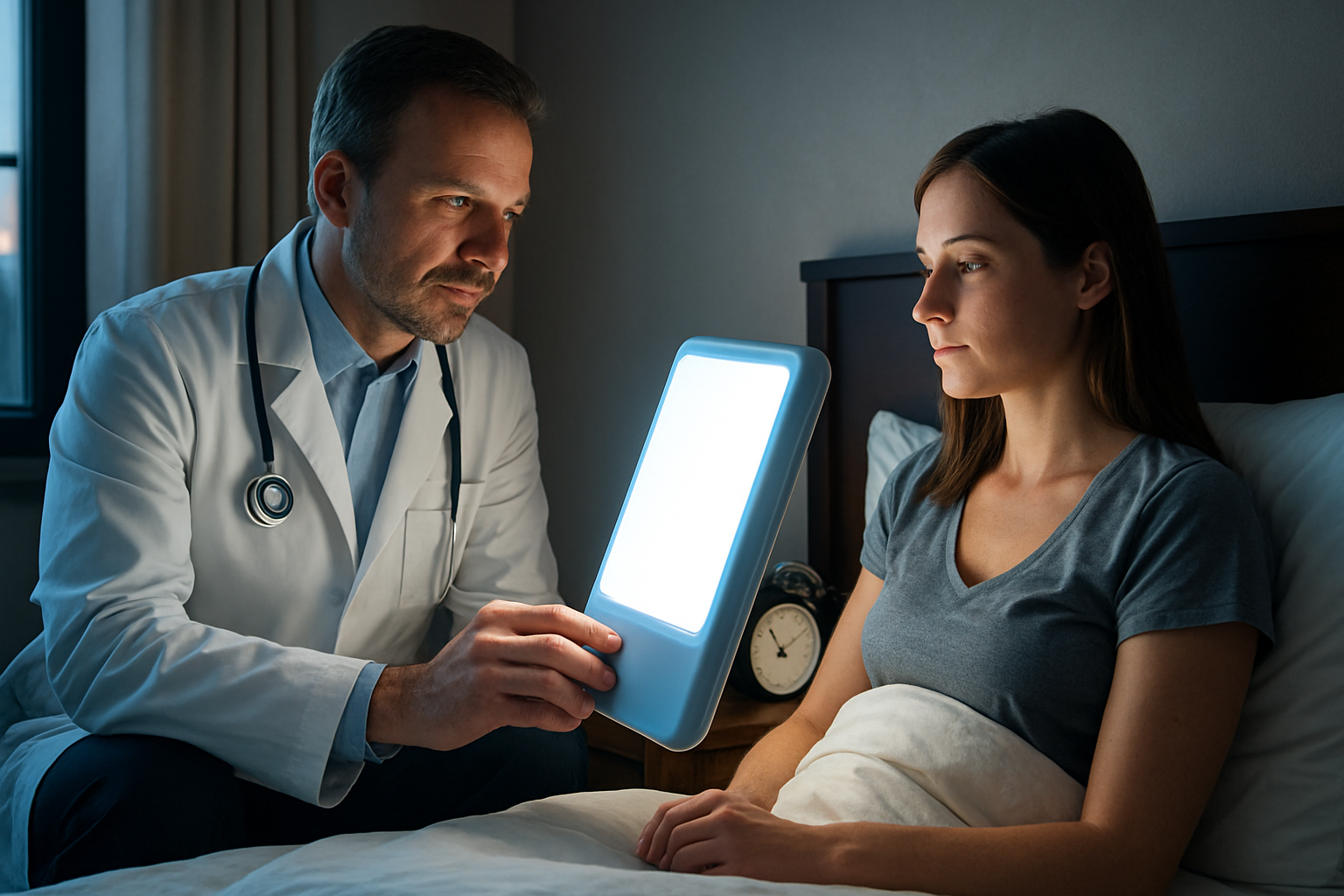Recognizing Sleep Apnea Before It Gets Worse
Sleep apnea often goes undetected, especially when symptoms seem harmless—like snoring or feeling tired during the day. But this condition can quietly impact your health over time. Learn what to watch for and when it may be time to take a closer look.

Is snoring more than just a nighttime nuisance?
Snoring is often dismissed as a harmless, albeit annoying, habit. However, it can be one of the most prominent signs of sleep apnea. While not all snorers have sleep apnea, loud and persistent snoring, especially when accompanied by choking or gasping sounds, may indicate a more serious underlying issue. If your partner reports that your snoring is particularly loud, frequent, or interrupted by periods of silence followed by gasping, it’s worth investigating further. Keep in mind that snoring associated with sleep apnea tends to be more disruptive and consistent than occasional snoring caused by factors like allergies or sleeping position.
Could daytime fatigue signal a deeper sleep issue?
Feeling tired during the day is common in our fast-paced society, but persistent daytime fatigue could be a red flag for sleep apnea. If you find yourself constantly struggling to stay awake during routine activities, such as driving or working, despite getting what you believe to be adequate sleep, it may be time to consider sleep apnea as a potential cause. This excessive daytime sleepiness occurs because sleep apnea disrupts your sleep cycle, preventing you from reaching the deeper, more restorative stages of sleep. As a result, you may wake up feeling unrefreshed, irritable, and foggy-headed, even after a full night’s rest.
Why do breathing interruptions during sleep often go unnoticed?
One of the hallmarks of sleep apnea is the repeated interruption of breathing during sleep. These pauses, known as apneas, can last from a few seconds to minutes and may occur dozens or even hundreds of times per night. The trouble is, most people are unaware these interruptions are happening because they occur during sleep. Often, it’s a bed partner who first notices these concerning episodes. If you sleep alone, you might be completely oblivious to these breathing pauses. However, you may experience other symptoms that could indicate nighttime breathing issues, such as waking up with a dry mouth, sore throat, or headache. If you suspect you might be experiencing breathing interruptions during sleep, consider asking someone to observe your sleep patterns or consult with a healthcare professional about a sleep study.
How can early detection of sleep apnea improve overall health?
Identifying and addressing sleep apnea in its early stages can have significant positive impacts on your overall health and quality of life. Untreated sleep apnea has been linked to various health issues, including high blood pressure, heart disease, type 2 diabetes, and even stroke. By recognizing the signs early and seeking appropriate treatment, you can potentially avoid or mitigate these serious complications. Early detection and treatment can also lead to immediate improvements in your daily life, such as increased energy levels, better concentration, and improved mood. Moreover, addressing sleep apnea can reduce the risk of accidents caused by daytime drowsiness, enhancing both personal and public safety.
What are the risk factors and less common symptoms of sleep apnea?
While snoring and daytime fatigue are well-known indicators of sleep apnea, there are other risk factors and symptoms to be aware of. Obesity is a significant risk factor, as excess weight can lead to airway obstruction during sleep. Other risk factors include being male, over 40 years old, having a family history of sleep apnea, and smoking. Less common symptoms that might surprise you include night sweats, frequent nighttime urination, and morning headaches. Some people with sleep apnea may also experience mood changes, decreased libido, or difficulty concentrating. Recognizing these less obvious signs can be crucial in identifying sleep apnea before it progresses.
When should you seek professional help for suspected sleep apnea?
If you’re experiencing persistent symptoms that suggest sleep apnea, it’s important to consult a healthcare professional. They may recommend a sleep study, which can be conducted either in a sleep lab or at home with portable monitoring devices. During a sleep study, various bodily functions are monitored to diagnose sleep apnea and determine its severity. It’s particularly crucial to seek help if you’re experiencing severe daytime sleepiness, if your snoring is disrupting your or your partner’s sleep, or if you’ve been told you stop breathing during sleep. Remember, early intervention can prevent the condition from worsening and reduce the risk of associated health complications.
Sleep apnea is a serious condition that, when left untreated, can significantly impact your health and quality of life. By being aware of the early signs and symptoms, you can take proactive steps to address the issue before it escalates. From recognizing that snoring may be more than just a nuisance to understanding the implications of daytime fatigue, staying informed about sleep apnea is crucial. If you suspect you might have sleep apnea, don’t hesitate to seek professional help. With proper diagnosis and treatment, you can improve your sleep quality, overall health, and well-being.
This article is for informational purposes only and should not be considered medical advice. Please consult a qualified healthcare professional for personalized guidance and treatment.




